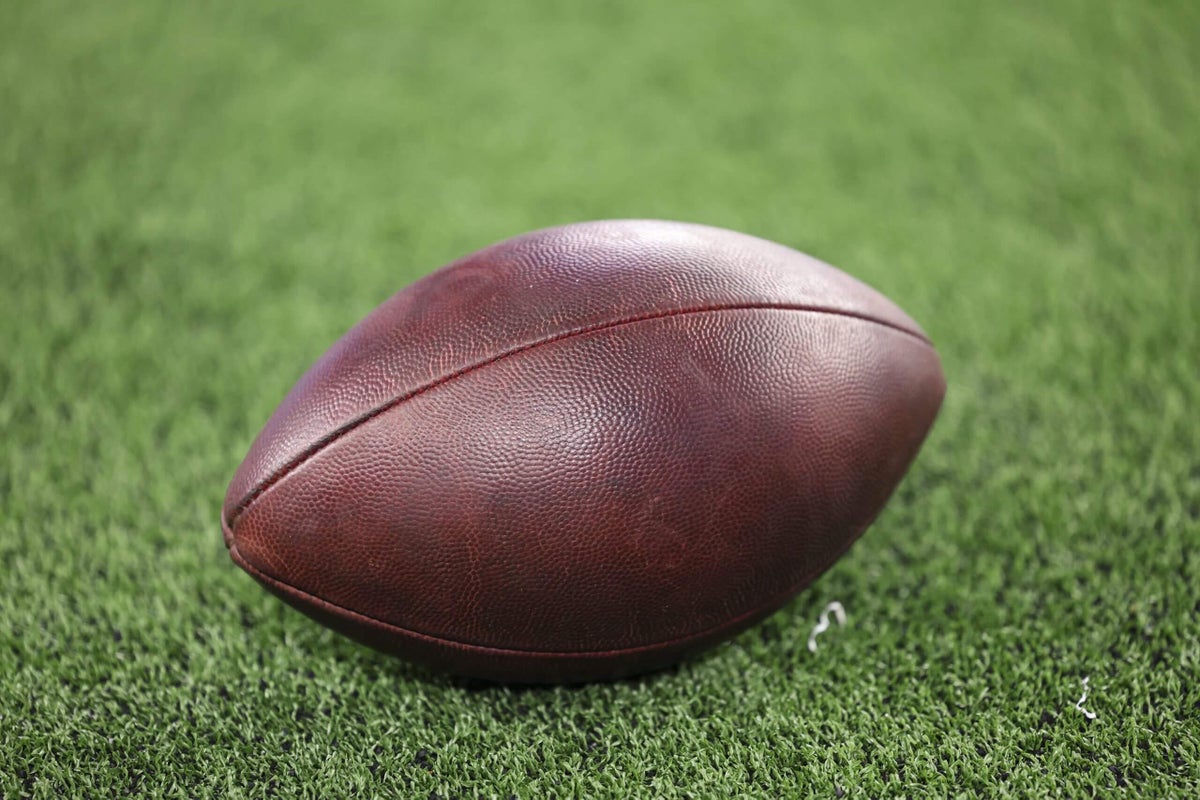Former South Carolina State football player Robert Geathers and his wife are owed $18 million after a jury ruled the NCAA negligent in failing to warn him of the long-term effects of concussions, according to media reports.
Geathers, 68, is set to receive $10 million after a civil trial that ended late last week in Orangeburg, S.C. His wife, Debra, was awarded $8 million for loss of consortium. An NCAA spokesperson told the AP that the association disagreed with the verdict and would consider an appeal.
In 2017, Geathers was diagnosed with dementia, with physicians testifying that he exhibited symptoms of CTE. CTE can only be diagnosed posthumously. According to CBS Sports, Geathers struggles with memory loss, is unable to hold a job, and faces hardship in everyday tasks.
Geathers’ attorneys argued that his symptoms were the result of head trauma suffered while playing football at South Carolina State, but did not appear until decades later. They claimed the NCAA knew about concussion risks associated with football and their long-term effects as early as 1933, yet failed to accurately disclose that information until well after Geathers’ career ended. He played at the school from 1977 to 1980 as a defensive end.
The impact goes beyond Geathers’ case, a member of his legal team told The Athletic.
“It was a depth of information that the NCAA had that they withheld from players and universities, particularly during that time period,” Bakari Sellers, an attorney who represented Geathers, said. “These communities, these institutions are beloved. The jury was able to see that it wasn’t our client’s fault, it wasn’t the institution’s fault, but the NCAA, by withholding this information, heightened the risk of playing football.”
CBS Sports, citing the Times and Democrat newspaper in Orangeburg, reported that the jury ruled the NCAA “unreasonably increased the risk of harm of head impacts to Robert Geathers over and above the risks inherent to playing football.”
NCAA spokesperson Greg Johnson told the AP that the association is “prepared to pursue our rights on post-trial motions and on appeal, if necessary.” He also said South Carolina State held standards in line with the knowledge available on head injuries during Geathers’ playing days and that college football did not cause his long-term health issues.
“The NCAA has prevailed in every other jury trial around the country on these issues,” Johnson said.
John J. Perlstein, a wrongful death and personal injury attorney based in Los Angeles, echoed the sentiment. The evidence that the NCAA had prior knowledge and intentionally hid it from schools is a difficult premise to prove, he said.
“The evidence, or lack thereof, of the NCAA withholding information about someone hitting a head, I don’t think it exists,” Perlstein said in a phone interview with The Athletic. “Then you have all kinds of affirmative defenses. There’s a reason they won all the other lawsuits.”
NCAA attorney Andy Fletcher argued during the trial that Geathers faces numerous health conditions outside of football that could have potentially contributed to his symptoms. But Sellers told The Athletic that MRI scans have shown potential correlations between the position Geathers played along the defensive line and the injuries that now plague him.
“Mr. Geathers has severe dementia,” Sellers said. “We were able to prove, based upon the MRI, that his frontal lobe — where, as a defensive lineman, you take all those hits — was damaged.”
Football is a violent sport. There is assumed risk when one participates, and Perlstein sees where the NCAA can buoy that point.
“You also have that underlying assumption of the risk doctrine,” Perlstein said. “People know that if you’re going to ram your head into things you could get hurt. It just seems like a very difficult case.”
Regardless, Sellers believes players’ mental health after football is an issue that extends beyond this case. He said this can be a landmark case for the issue.
“I believe that the NCAA has a problem,” he said. “And they’re going to have to take a similar step to the National Football League to resolve these claims on behalf of hundreds, if not thousands, of players.”
In 2015, the NFL reached a settlement with more than 5,000 former players who accused the league of hiding from them the dangers of concussions. The settlement, estimated at $1 billion, provided payments of up to $5 million to players with severe neurological disorders.
Geathers was a South Carolina State Hall of Famer who was selected in the third round of the 1981 NFL Draft by the Buffalo Bills. He was placed on injured reserve and never played a game. His three sons, however, all played in the NFL. Two of them — Robert Jr. and Kwame — spent time with the Cincinnati Bengals. Geathers’ brother, Jumpy, also played in the NFL, drafted by the New Orleans Saints in the second round of the 1984 NFL Draft.

